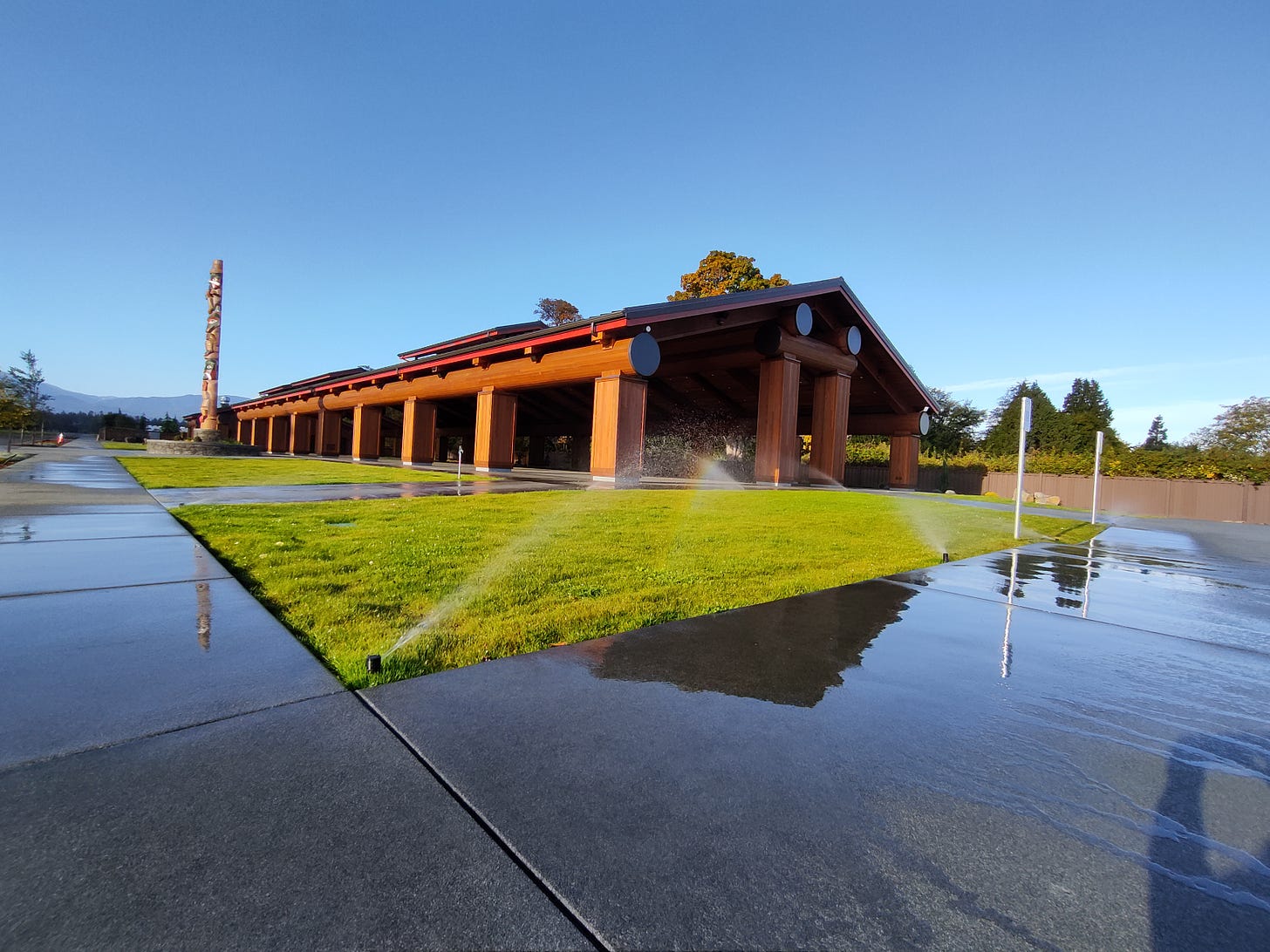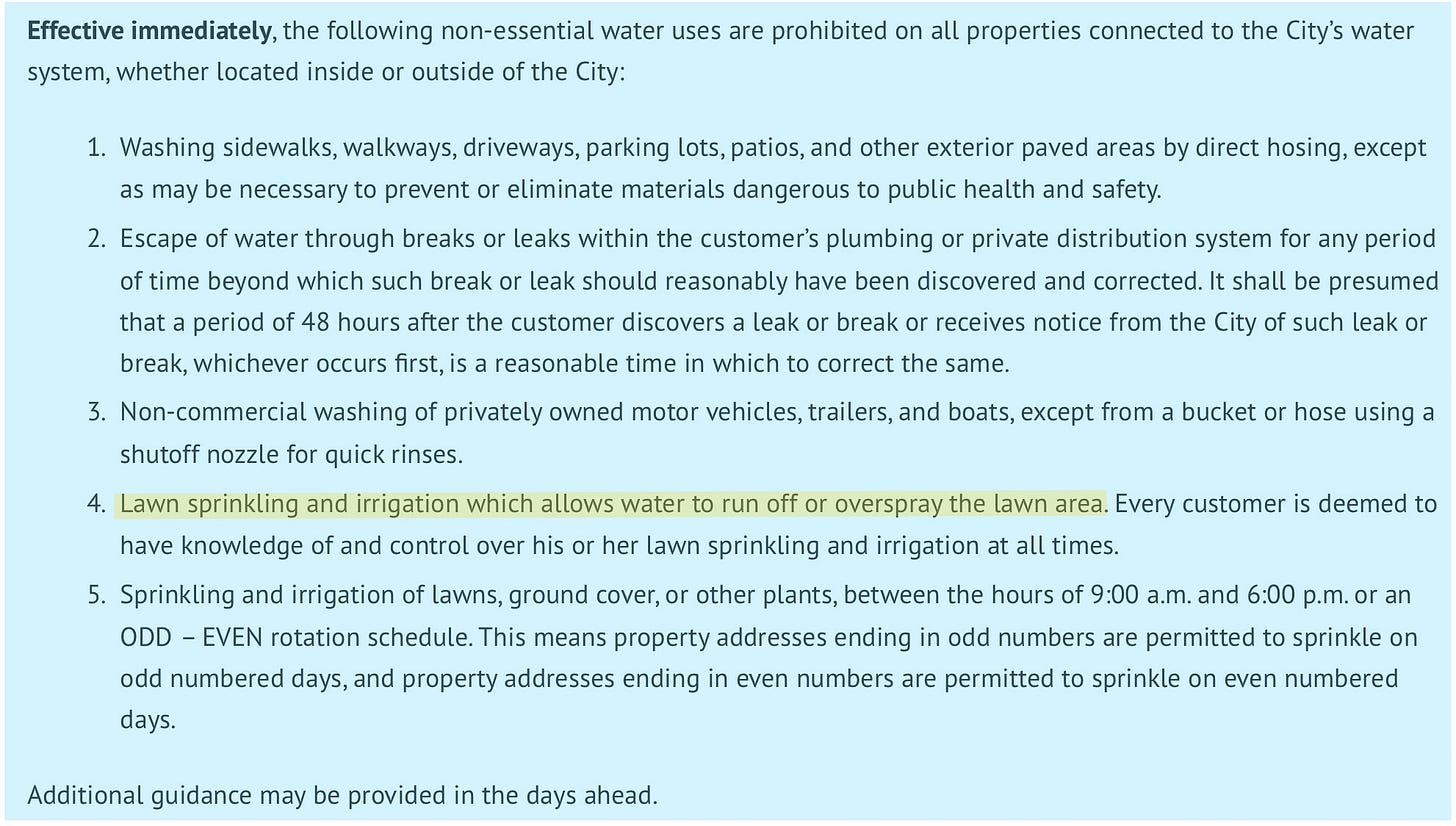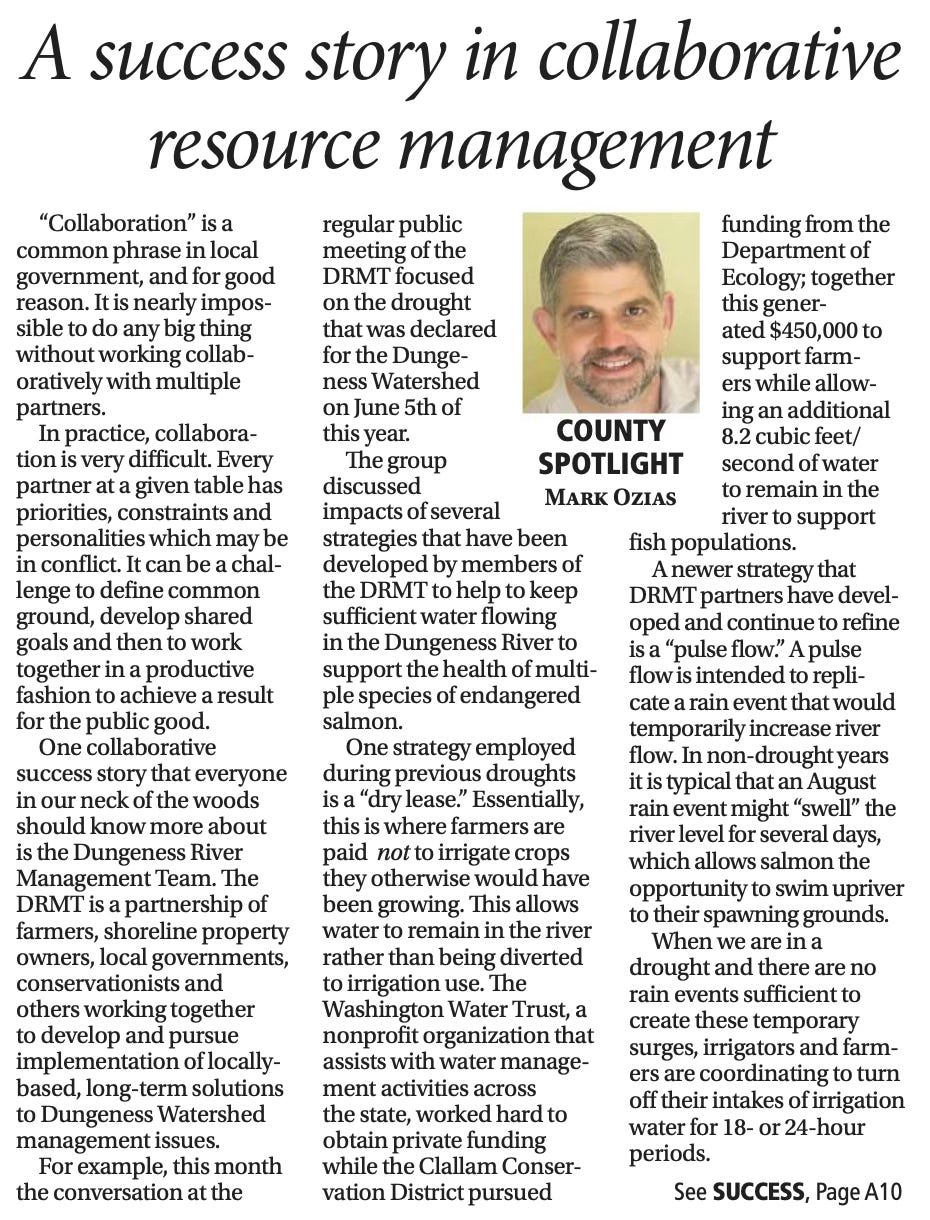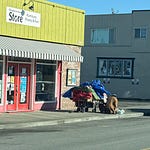Why is a county commissioner writing the news instead of being questioned by it? Last month, Commissioner Mark Ozias used his Sequim Gazette column to showcase the Dungeness River Management Team—without disclosing that he sits on its executive committee or that the Jamestown S’Klallam Tribe, his biggest campaign donor, co-chairs the group. While taxpayers fund millions in “collaborative” water programs—including paying farmers not to grow crops—tribal leaders are free to irrigate their own lands during a drought. The press calls it progress. Watchdogs might call it something else.
One of the criticisms often thrown at Clallam County Watchdog is that it isn’t run by someone with a journalism degree.

Fair enough. I don’t carry press credentials or have a certificate on the wall. But then again, neither does County Commissioner Mark Ozias—yet the Sequim Gazette regularly prints his columns not as opinion, but as “news” featured under the “County Spotlight” section.
The irony is hard to ignore. When Watchdog highlights inconsistencies in government, it’s labeled amateur. When a sitting commissioner writes glowing coverage of programs he directly oversees, it’s published without question. If journalism’s job is to hold power accountable, why is the government itself being allowed to write the story?
The making of a “success story”
This month, Commissioner Ozias highlighted the Dungeness River Management Team (DRMT), calling it a model of collaboration. On paper, the DRMT brings together farmers, property owners, local governments, conservationists, and tribes to balance water use in the watershed.
In practice, the narrative is far more complicated. Commissioner Ozias failed to mention in his article that he himself sits on the DRMT Executive Committee, alongside the Jamestown S’Klallam Tribe’s Natural Resources Director, Hansi Hals. In other words, he’s praising the very committee he helps run—without disclosing his role.
That alone should raise questions. Imagine a school board member penning a front-page story about how well the school district is performing, without acknowledging their seat on the board. Readers would call it what it is: self-promotion.
Paying farmers not to farm
One of the “successes” Commissioner Ozias touts is the use of taxpayer and nonprofit dollars to fund “dry leases”—programs that pay farmers not to irrigate crops. While marketed as a way to preserve water for salmon during drought, the program leaves residents wondering why agriculture funding is being used to reduce food production at a time when costs at the grocery store are skyrocketing.
It’s worth remembering that Commissioner Ozias recently voted to commit $2 million in taxpayer funds for the Clallam Conservation District, which helps administer these programs. Taxpayer money is flowing, food is not being grown, and the policy is being sold as a win for everyone. But is it really serving the broader public good—or just a narrow agenda?
Who decides who gets water?
The Washington Water Trust, another DRMT partner, also plays a critical role. This is the same nonprofit that administers the Dungeness Water Rule, which restricts new wells in Eastern Clallam County by declaring that every drop drawn from the ground diminishes the Tribe’s treaty rights.
For local residents, that means new developments, homes, and farms face costly hurdles—pushing housing further out of reach—while decisions are shaped in meetings where ordinary citizens have little voice. Meanwhile, the Jamestown Tribe, which co-leads the effort, continues to irrigate its own sovereign lands, drought or no drought.

Currently, while areas of the County are under Stage 3 drought restrictions that prohibit ordinary residents from watering their lawns, the Tribe irrigates its pavilion grounds daily. When the government and media assure citizens that everyone is making sacrifices, such images speak louder than official statements.

Campaign money and media silence
It is no secret that the Jamestown S’Klallam Tribe was Commissioner Ozias’s largest campaign donor, accounting for more than half of his reported contributions in his last race. That same Tribe now sits at the table with him on water decisions that affect one-third of the county. And the same commissioner is given free space in the local paper to describe this partnership in glowing terms.
It’s not just a matter of appearance—it’s a matter of trust. When the official making the policy is the same person writing the “news” about it, and his biggest political donor is the one benefiting, the public deserves more scrutiny, not less.
Collaboration or propaganda?
Commissioner Ozias insists that collaboration is essential to solving local challenges. Few would disagree. But collaboration only works when all voices have equal footing and when the media acts as an independent watchdog—not as a platform for those in power.
Instead, the public is left with a carefully packaged success story: farmers paid not to farm, homeowners restricted from drilling wells, and one of the commissioner’s largest political backers irrigating their grounds while everyone else lets their lawns go brown.
If that is what passes for “collaboration” in Clallam County, then the public deserves a fuller conversation than what shows up in the Gazette. After all, journalism is supposed to ask hard questions—not provide cover for those who should be answering them.
At the Clallam County Fair, a subscriber stopped by the Watchdog booth with a gift that finally settles the debate: proof that these articles do, in fact, come from a certified source.














